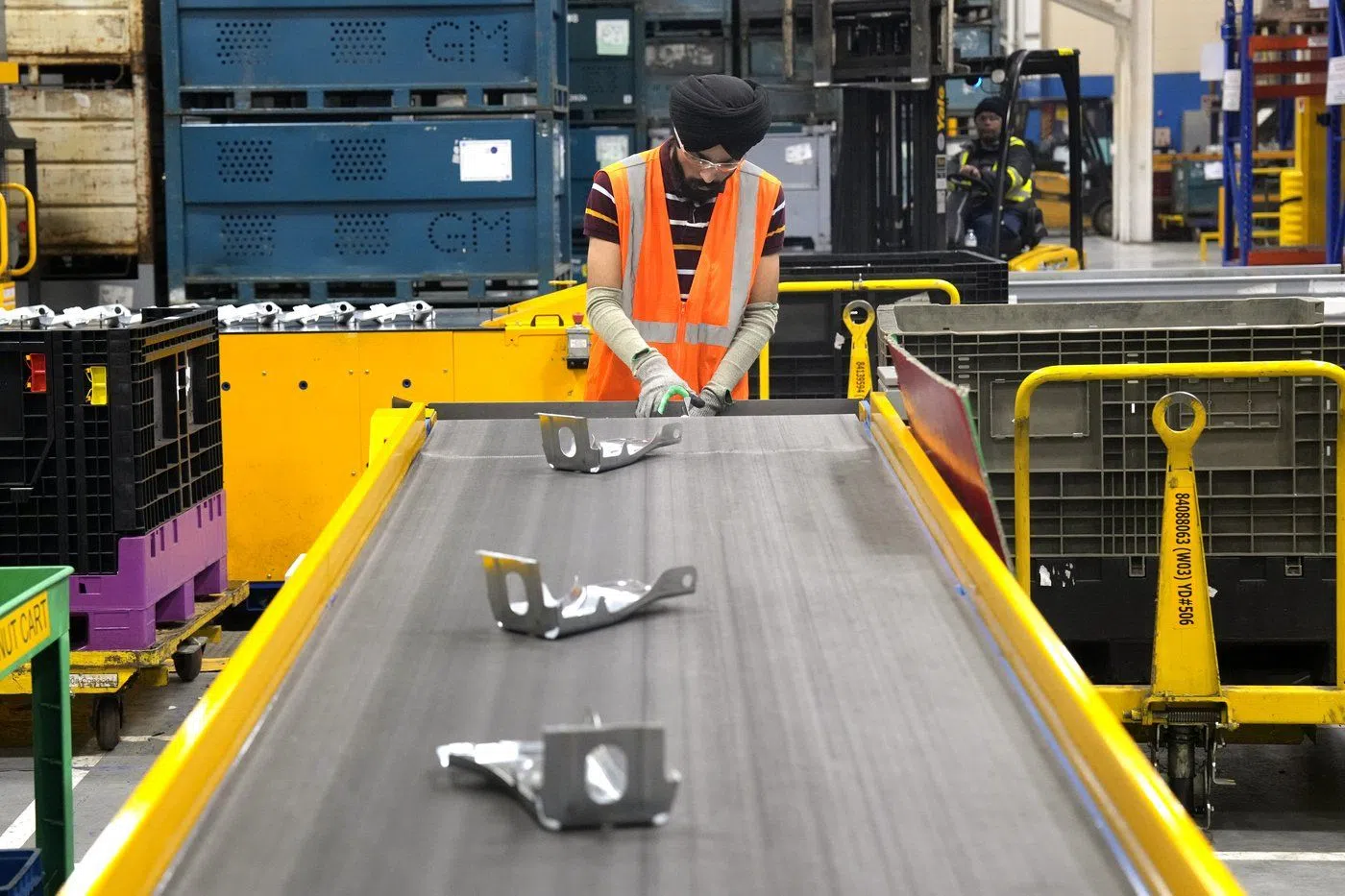
Possible softening of April 2 tariffs ‘zero comfort’ for auto sector
Just over a week before new U.S. tariffs are expected to come into force, the head of Canada’s auto parts manufacturing association says he’s not optimistic any meaningful reprieve is in the works.
“Until a tariff comes into effect and it affects the U.S. economy … I’m not confident that anybody is going to be able to push the White House back from what it’s threatening to do,” said Flavio Volpe, president of the Automotive Parts Manufacturing Association.
April 2 is set to bring sweeping new reciprocal tariffs from the U.S. in addition to the tariffs on some Canadian and Mexican goods that were delayed by a month. U.S. President Donald Trump had also floated the idea of separate, sector-specific tariffs the same day.
But over the weekend, media reports suggested the reciprocal tariffs could be narrower than initially announced and that the sector-specific tariffs could be off the table for now.

